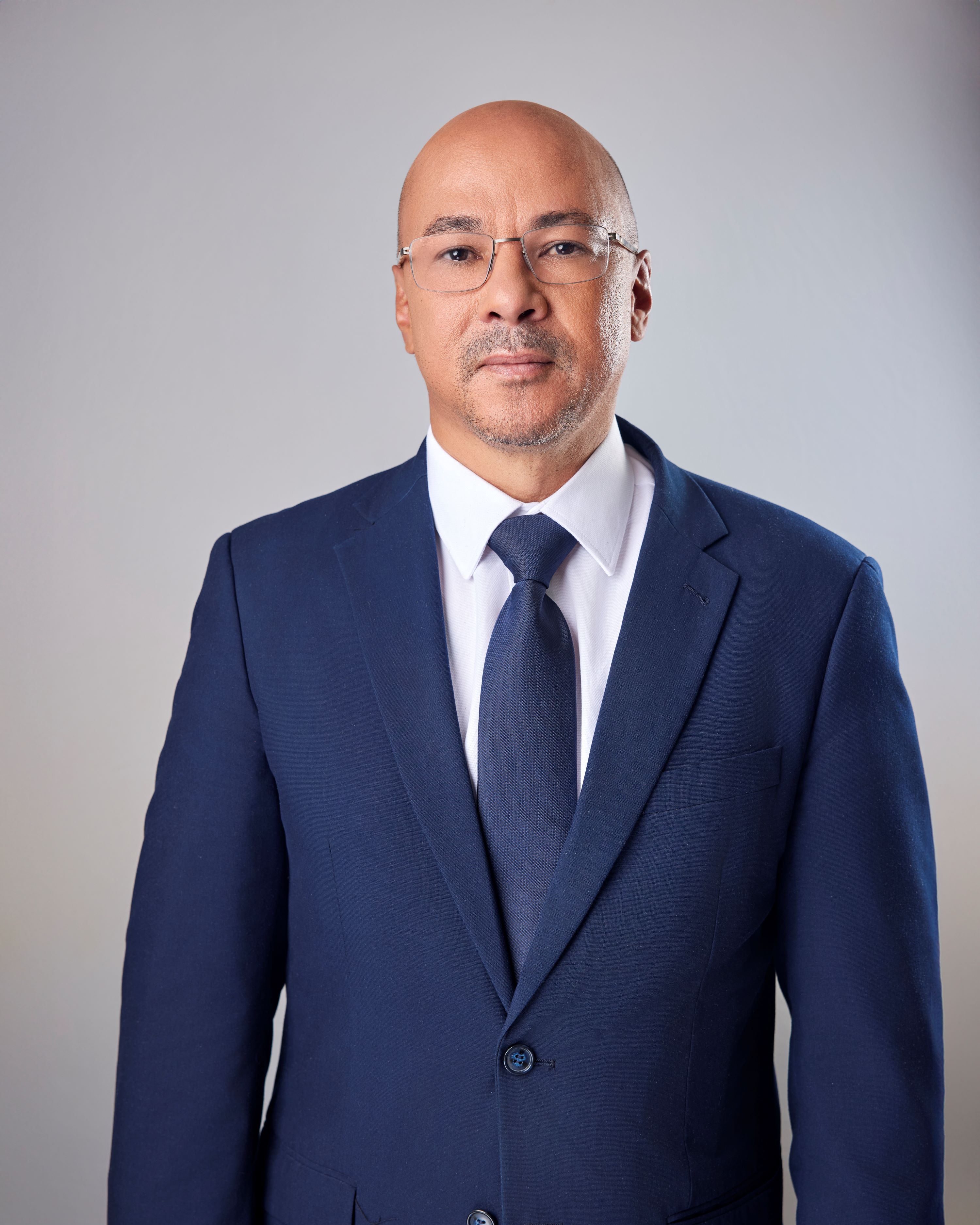Development Bank announces launch of 2025 Innovation Awards
The Development Bank of Namibia (DBN) has announced the return of its prestigious Innovation Award after a five-year hiatus, reaffirming its commitment to fostering innovation and economic development. Speaking about the Award, Jerome Mutumba, Chief of Marketing and Corporate Affairs, revealed that this year’s winning project will receive a funding boost of N$400,000.
Mutumba highlighted that innovation often requires substantial financial support to transition from concept to operational reality. "The financial requirements for establishing an enterprise based on innovation are a significant barrier for many Namibians. The DBN Innovation Award addresses this challenge, providing critical funding to refine feasibility, acquire necessary technology, and ensure operational readiness," he said.
The DBN’s commitment to innovation is deeply rooted in its development mandate. Mutumba stressed that introducing new ideas into Namibia’s economic system is crucial to maintaining competitiveness and advancing growth. "Innovation is not a luxury; it is an absolute necessity for economic resilience and sustainability. The DBN is proud to play a pivotal role in nurturing and advancing ideas that can transform industries and improve livelihoods," he added.
The revival of the Innovation Award comes with a focus on promoting projects that leverage technology, improve resource efficiency, or enhance productivity in key sectors such as manufacturing, agri-processing, and renewable energy. Past winners have demonstrated the tangible impact of innovation, from smart electricity metering systems to manufacturing local resources like ceramic tiles and developing mobile mammography services.
Mutumba also noted that the Innovation Award encourages participants to complete rigorous planning and feasibility studies, enhancing the bankability of their projects. Finalists, while not all receiving the top prize, will still benefit from exposure to the DBN’s project preparation and capacity-building resources, potentially paving the way for future financing opportunities.
“The return of the DBN Innovation Award underscores our serious commitment to fostering innovative enterprises in Namibia. We believe the 2024 Award will inspire a new wave of entrepreneurial ingenuity and economic contribution,” Mutumba concluded.
The DBN Innovation Award is open to enterprises across the country, and the entry process ensures participants meet critical business and innovation benchmarks. Entries close on 10 February, and application details are available on the DBN website.
Past winners of this award includes Nampost’s biometic banking system, semi-potable water to alleviate pressure on potable water, Cell One and African Deli, which innovated the food manufacturing sector with packaged matangara, a local delicacy.







